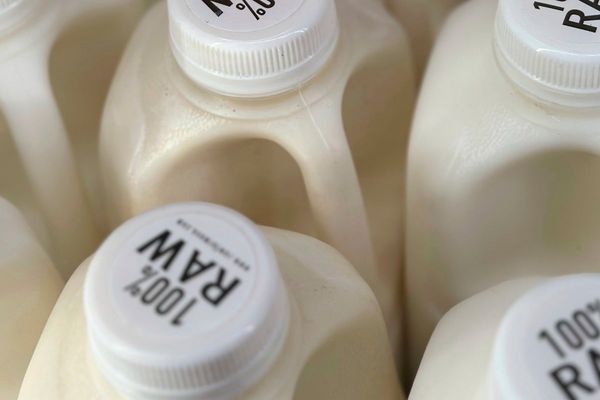The golden years of low interest rates and easy money may be over. But CEO and President Henry Ma of Julex Capital Management still has a few of the best ETF recommendations up his sleeve.
The key is to stay defensive, dig for some opportunities and preserve more capital, says Ma. Based in a Boston suburb, the boutique investment management firm manages $385 million in client assets. Its primary focus is tactical asset allocation and quantitative investing.
Ma has over two decades of extensive experience in portfolio management and research. He's also an author and an industry speaker on the topics of quantitative investing, asset allocation and risk management.
Best ETFs Withstand Inflation
The backdrop consideration for Ma's best ETF picks is inflation: "Inflation is the front and center economic issue these days. The inflation rate may have peaked, but it will stay at an elevated level for a while."
Shorter-term inflationary pressures come from supply bottlenecks caused by the war in Ukraine and Covid lockdowns in China, he explained. But in the long run, "deglobalization and clean energy policies are likely to keep the inflation level higher than it used to be."
And while major indexes have been frolicking with bear market territory — defined as a decline 20% or more from a recent peak — "higher interest rates are likely to lead to recession," said Ma. He expects this to happen in late 2023.
"Nasdaq Index and Small Cap Index are both in bear market territory," he said. "The S&P 500 index is close to be in a bear market. Facing stagflation fears, the Ukrainian war and supply chain disruptions, stock markets are expected to be volatile in the near term."
As for now: "Market valuation has become more reasonable after the recent correction, but it is not cheap," he noted.
Floating Rate Bond Is A Best ETF
With this in mind, one of his best ETF picks is iShares Floating Rate Bond. The $10 billion fund tracks the Bloomberg U.S. Floating Rate Note <5 Years Index. It invests in U.S.-dollar-denominated floating rate bonds with remaining maturities of less than five years. "As short-term interest rate increases, the yield of FLOT will be reset to a higher level," said Ma, noting that it's a good hedge for rising interest rates. The fund offers a "better way for capital preservation with income potential in the current environment of high inflation and volatile stock market." FLOT has an average yield to maturity of 1.78% and charges an annual fee of 0.15%. It is down 0.45% this year.
Utilities Thrive In Corrections
Another of his best ETF choices is Utilities Select Sector SPDR. With $16.5 billion in assets, the fund only holds large-cap utilities companies. Sixty percent of its holdings are electric utilities. Top holdings include NextEra Energy, Duke Energy, Southern Co., Dominion Energy, Sempra Energy and American Electric Power.
Ma likes utilities because they "have the ability to raise prices and pass the cost increases to customers, though the price increases may be capped by regulations." In addition, they are "recession proof as they tend to perform relatively well during the economic recession given its inelastic demands." And finally, they are mostly value stocks due to their lower price-to-earnings ratio: "Value stocks tend to outperform in the rising inflation and interest rate environment."
XLU is up 4.53% this year, has an SEC yield of 2.74% and charges 0.1% in annual fees.
Going For Gold With Best ETFs
His third ETF pick is $63 billion SPDR Gold Trust. GLD is the largest physically backed gold ETF in the world. The fund is up 0.11% this year so far and charges an annual fee of 0.4%. The fund is very liquid and provides an easy way to hold gold.
"Gold is a real asset and tends to keep up with inflation over the long run," said Ma. In addition, it's also a safe haven: "When the markets become risky, investors tend to move to safe haven assets such as gold or Treasuries. In the current rising interest rate environment, Treasuries may not be that "safe." Gold will be more attractive."







